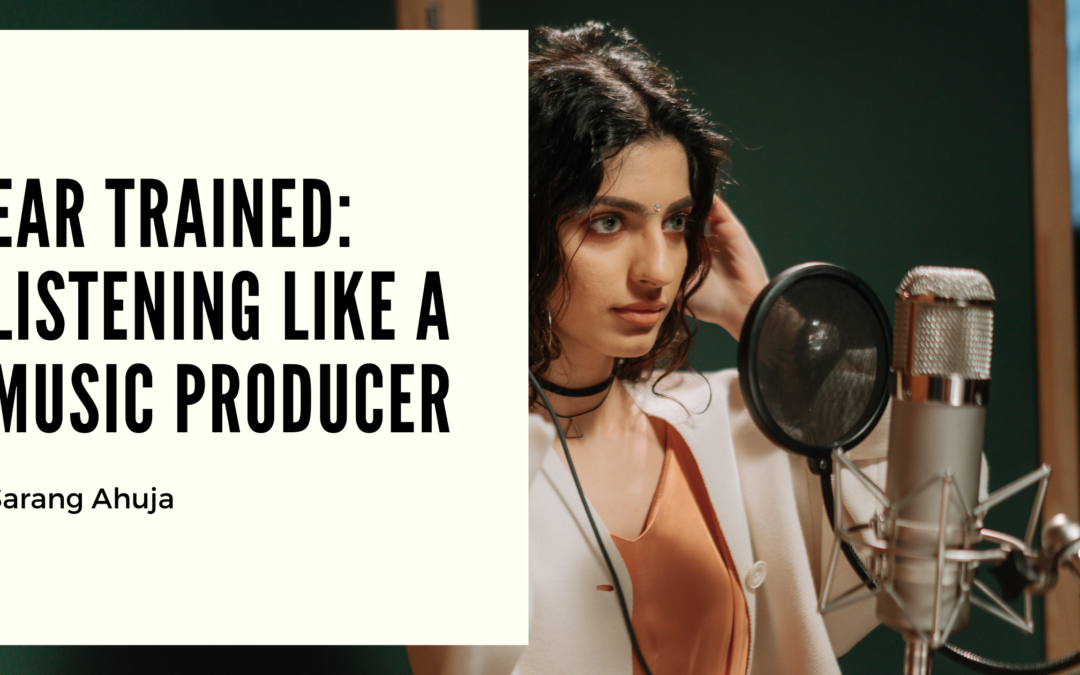One of the most underrated skills in music production isn’t found in a plugin or a piece of gear—it’s in your ears. The best producers aren’t just great at mixing; they’re exceptional listeners. “Ear training” is the secret sauce that allows music producers to detect subtle nuances, spot flaws, and bring clarity to a mix. If you want to take your music to the next level, learning to listen like a producer is essential.
Why Ear Training Matters
Music producers need to make hundreds of micro-decisions in every session—from balancing levels to choosing the right reverb. Those decisions hinge on one thing: how well they can hear. Ear training sharpens your ability to recognize frequencies, dynamics, spatial depth, and tonal balance. The more you train your ears, the more confidently you can shape sound.
Train for Frequency Recognition
Every instrument lives in a certain frequency range. For example, a kick drum sits low, while cymbals sparkle in the highs. Learning to identify frequencies by ear helps with EQ decisions, so you can cut what’s muddy and boost what’s clear. Free tools like TrainYourEars or even basic EQ sweep exercises can help you quickly tune into problem areas in a mix.
Focus on the Mix Balance
A seasoned producer listens for how elements interact, not just how they sound in isolation. Try listening to your favorite tracks and focus on how the vocals sit above the beat, or how wide the guitars feel. Are the bass and drums glued together? Is there enough space between instruments? This kind of active listening builds your internal reference point.
Use Reference Tracks
A powerful habit for producers is to compare their mixes to commercially released songs in a similar genre. This trains your ears to recognize what a polished, professional mix should sound like—and helps guide your decisions accordingly.
Silence is Part of Listening
Odd as it sounds, sometimes the best way to improve your ears is by giving them a break. Fatigue dulls your perception, and when that happens, bad decisions follow. Frequent pauses during long sessions can actually keep your ears sharp.
Final Note
Producing music isn’t just about what you do—it’s about what you hear. With consistent ear training and active listening, you’ll not only improve your mixes but develop the instincts of a true producer. Your ears are your most valuable studio tool—use them wisely.

